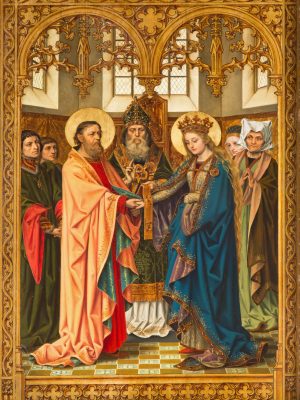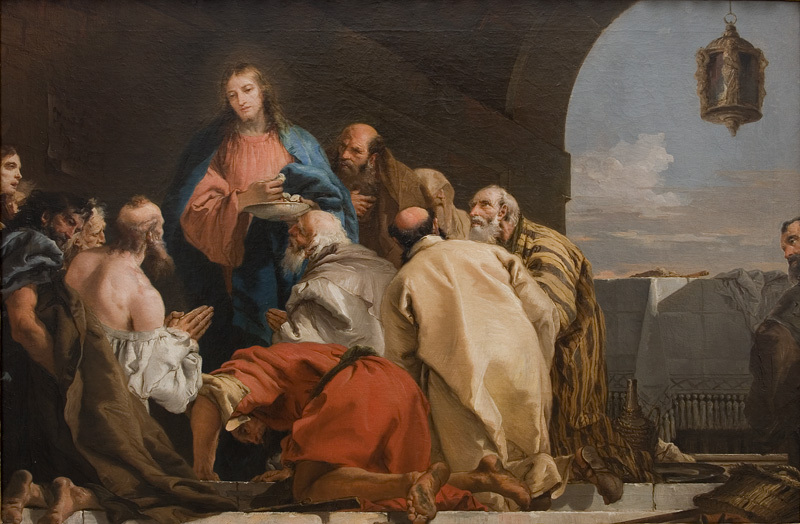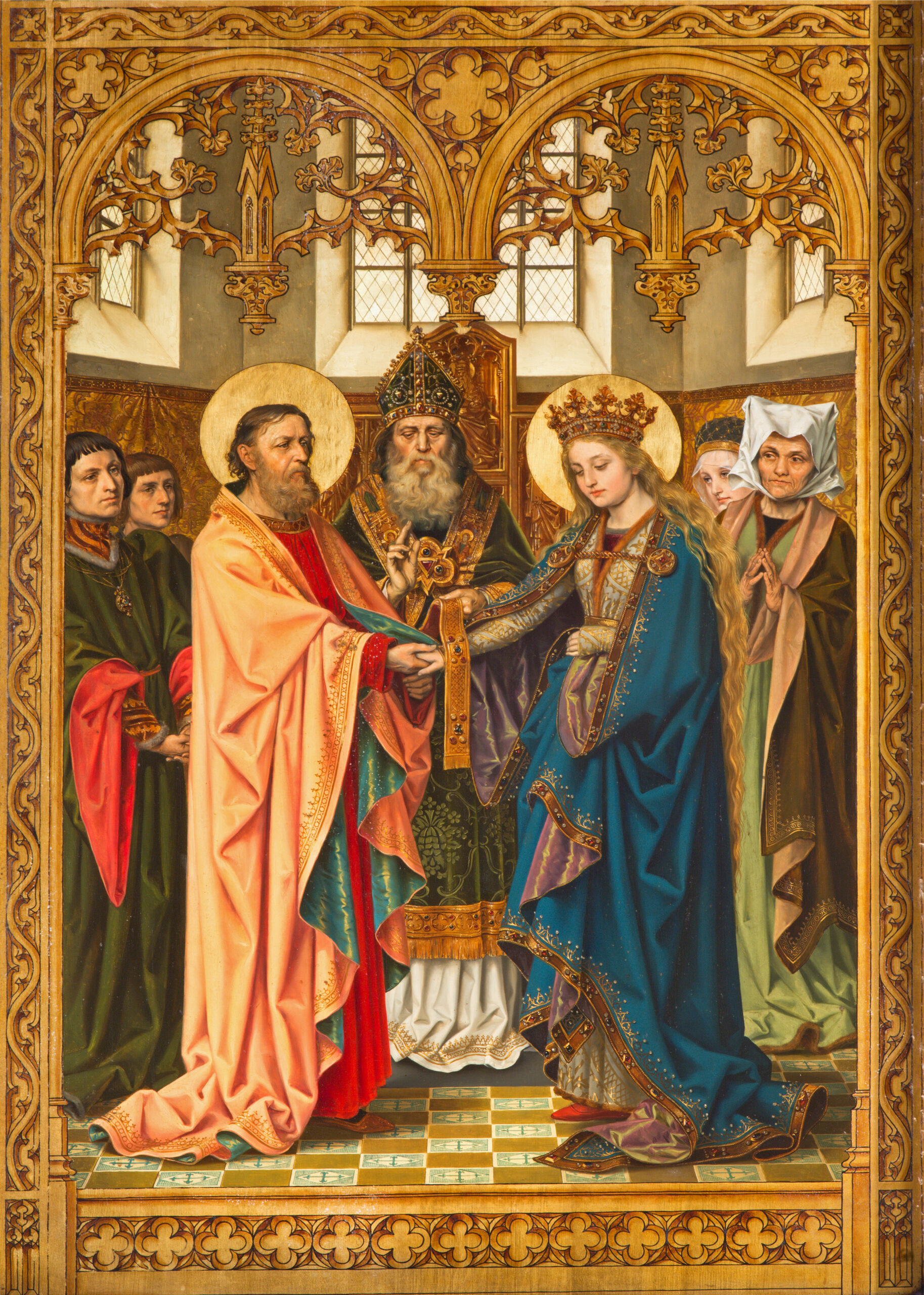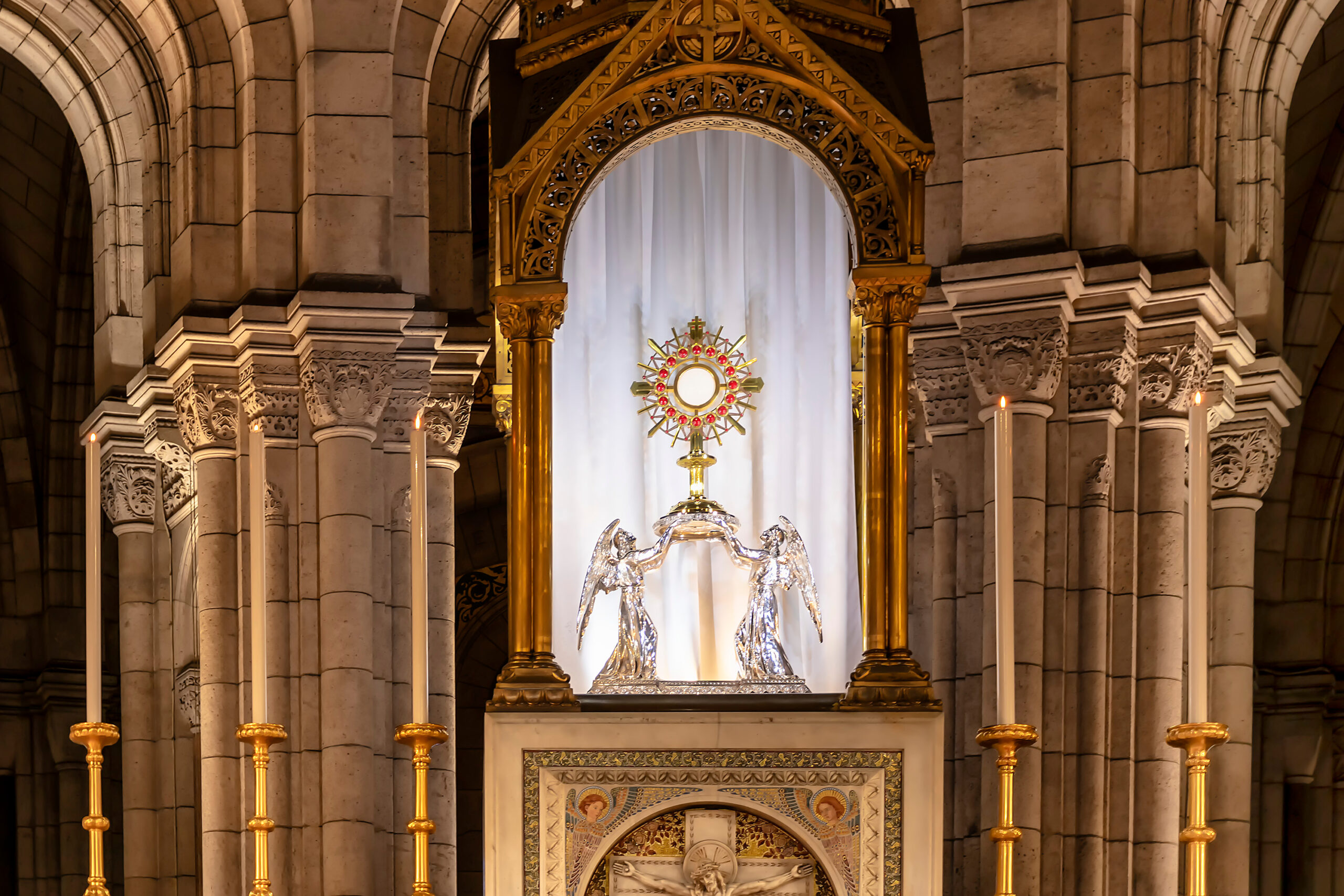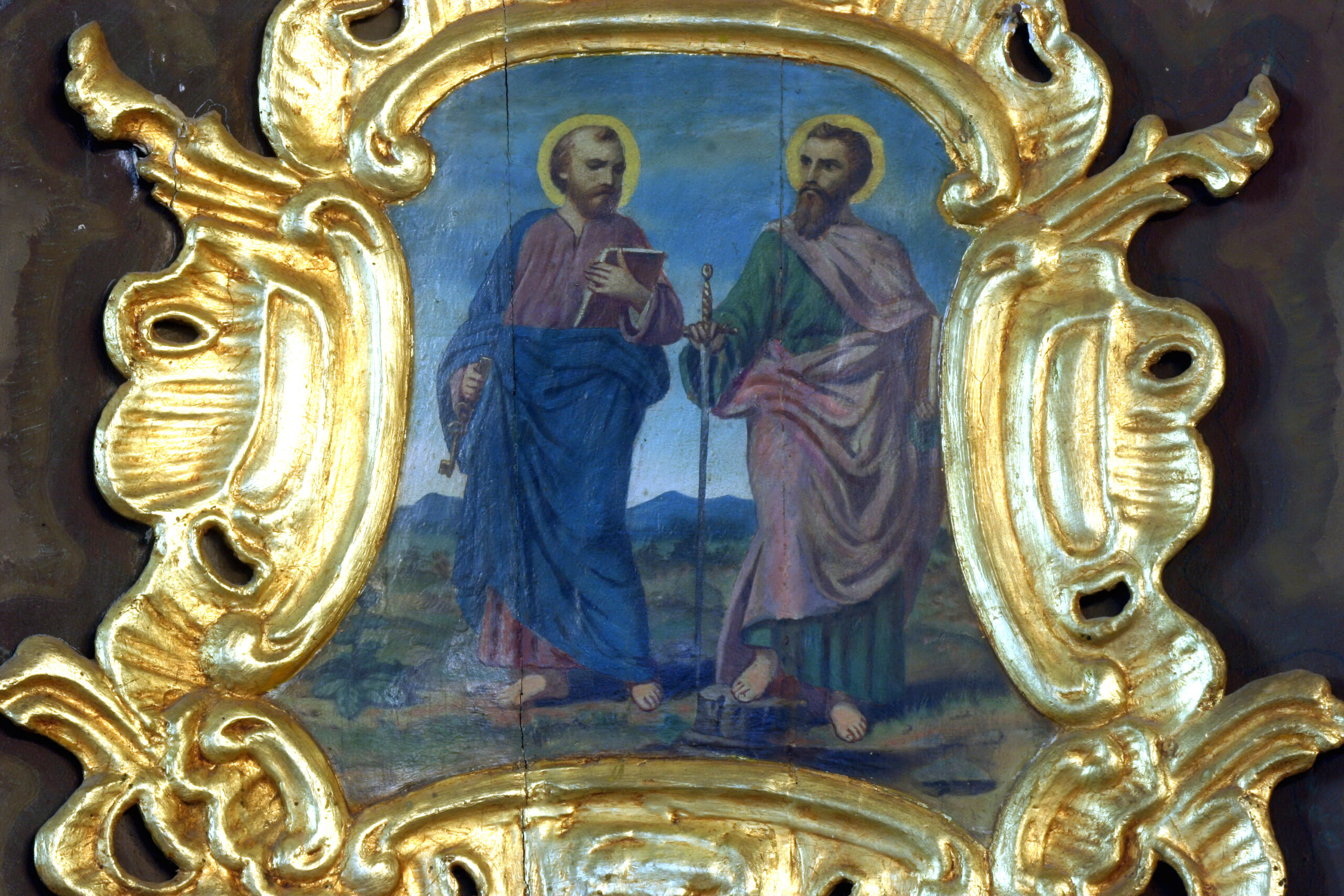“Love must be real, it must cost, it must hurt, it must empty us of self.”
—Mother Theresa of Calcutta
From the very beginning of the human race, Matrimony has been a natural contract between husband and wife.
For Catholics, it is also something more. A valid marriage is one of the seven sacraments, and so it is both a sacred contract and a sacrament.
In the Eastern Churches, sacraments are called mysteries. Originally the Latin origin of the word “sacrament” meant an oath. The meaning of the word developed and was used by Christian theologians to signify something sacred and holy. Indeed, the sacrament of Matrimony is both holy and a mystery.
Catholic Sources of Revelation
Saint Paul, writing to the Christians of Ephesus remarks on the greatness of marriage, “This is a great sacrament, but I speak in Christ and in the church” (Eph. 5:32). This means that among Christians, marriage is not simply a natural contract but something more — it is sacred and holy, or set apart. In other words, it is one of the sacraments, an outward sign, instituted by Christ to give grace.
The Council of Trent, after quoting this same text from St. Paul, comments on the identical theme, “With reason have our holy Fathers and Councils and the tradition of the Universal Church always taught that [Matrimony] is to be numbered among the Sacraments of the New Law.”
The Fathers of the early centuries in the Greek and Latin worlds (and even seen the Liturgies of the East and West, including those sects that separated from the Catholic Church centuries ago), all agree in recognizing Christian marriage as a sacrament. The first time this decided and settled dogma was brought into question was during the Protestant deformation.
The Protestant Effect
After fifteen hundred years the Protestant heresy came along and denied this foundational dogma of the Christian religion. So if the Protestant heretics were correct in their denial of the sacramental nature of Christian marriage, then the whole apostolic and universal Church founded by Christ was in error on this foundational tenet of the Faith for the first 1,500 years of its existence.
Christ Himself raised marriage to the dignity of a sacrament, giving grace to the husband and wife to do their duties loyally and unselfishly towards one another and their children, living up to their state in life. With God’s help through the grace of the sacrament, Christians stand on the bedrock of marriage; the whole of society depends upon this.
As the family goes, so goes society. If family life is ruptured in the homes of the nation, then it follows the whole of society becomes poisoned like a river that is infected at its source.
Divorce?
In raising marriage to the dignity of a sacrament, Jesus Christ also restored its former indissolubility. “Moses,” He said to the Jewish people, “by reason of the hardness of your hearts permitted you to put away your wives, but from the beginning it was not so.” Now He, a greater than Moses, says from henceforth, “What God hath joined together, let no man put asunder” (Matt. 19, Mark 10).
The apostles, surprised, asked the same question again, and Christ answered, “Whosoever shall put away his wife and marry another committeth adultery against her” (Mark 10:2).
Thus, in saying, “What God hath joined together let no man put asunder,” our Savior declared that no man, nor any legislation made by man, can validly dissolve the marriage contract. This is because the sacramental contract is a covenant, an exchange of persons until death. It is a bond till death that has been ratified by God Himself with the witness of the Church.
Saint Paul, with these same words of Christ in mind, wrote to the Corinthians, “To them that are married, not I but the Lord commandeth, that the wife depart not from her husband. And if she depart, that she remain unmarried, or be reconciled to her husband. And let not the husband put away his wife” (1 Cor. 7:10–11).
So definite was this teaching of the New Testament that even in Protestant England, no divorce was granted until as late as 1665. And then it was only granted for a special case by a special act of Parliament.
A historic letter has survived which sheds light on the story. This document which dates from the 1600’s was written by an agent of the petitioner for divorce. He says that he got six and forty of the members of the House of Commons to a bar known as the “Dog Tavern” at Westminster in order to give them a dinner. As soon as they had dined and had their fill of beverages, the story goes, they were “carried” to the House and passed the bill without amendments (cf. Historical Manuscripts Commission, Belvoir Castle).
This story is a fitting commencement for the misery that no-fault divorce has brought about in society over recent centuries. In America, the average today is roughly one divorce in two marriages, and the numbers steadily grow worse as the country departs more and more from Christ’s teachings, abandoning itself to pagan pleasures and cultural suicide.
The Catholic Church teaches that the bond of a valid Christian marriage can be broken only by the death of husband or wife.
Heroic Virtue and Sacrifice
The sacraments have been entrusted by Christ to His Church. It is only with heroic virtue and the grace of the sacrament that Catholic couples can survive today. This is done by Catholic couples dying to themselves daily and putting the needs of their spouse and children first.
Marriage and marital love is about sacrifice, and self-sacrifice is a key to survival in adult life, regardless of the chosen state of life or vocation. In the words of St. Gemma Galgani, “If you really want to love Jesus, first learn to suffer, because suffering teaches you to love.”
In order to guard the sacredness of this sacrament and the sanctity of the Christian home, the Church has made a law that a Catholic who wishes to marry must receive the sacrament of marriage in the presence of the parish priest of one of the contracting parties with two witnesses present.
The Church has legislated only for the members of her own fold certain stipulations for marriage. It does not affect non-Catholics except in the case where they wish to marry a Catholic. The marriage of two non-Catholics before the civil registrar or before a non-Catholic minister of religion is perfectly valid.
Meanwhile, if a Catholic defies the law of the Church and attempts to contract marriage before a civil registrar (Justice of the Peace) or before a non-Catholic minister, the ceremony that such a person goes through, in the eyes of the Church, is considered null and void. More is expected of Catholics, for the Catholic knows with absolute certainty that his religion is the one true religion and that marriage between two Catholics is a sacrament.
For one who knows that the Catholic Church is the one true Church and who also realizes that the salvation of the immortal soul is by far the most important thing, it becomes clear why the Church insists on certain conditions for a valid marriage.
The Value of Marriage Prep
It is therefore paramount for young Catholic couples to be properly prepared for a journey of survival. The future of the Catholic family depends upon it. Those who are entering the married state are taking one of the most important steps in their lives—one on which not only their happiness in this world, but also their eternal happiness depends. It is hardly necessary to say that marriage should be prepared for in a fitting way with proper catechesis and education of all parties involved.
The remote preparation for marriage should begin at the youngest age and should be based on a life of virtue and catechetical formation in the home. Instruction should be first and foremost from the parents, who can teach of sacrifice and purity and of prayer for guidance. The immediate preparation should consist in being in the state of grace and being well disposed to receive the sacraments. Preparation should include not only solid pre-Cana instruction from a learned priest but also the worthy reception of the sacraments of Penance and Holy Communion so that the soul will be best prepared to receive all the graces made manifest on the day of the sacrament of Holy Matrimony.
The Marriage Day and Beyond
The beautiful and memorable ceremonies of the exchange of vows and nuptial Mass will constitute the surest way of brining the fullness of grace and God’s blessings on their union. The marriage day will thus resemble the marriage of Cana in Galilee that was blessed by the presence of Christ with His mother, who bid Him to perform His first public miracle in the context of so holy a union.
One book that is heartily recommended on this all-important subject is Plain Talks for Marriage, a classic pre-Vatican II book published by TAN Books that was used for marriage prep in the years leading up to the Council. This gem has recently been reprinted and is available for purchase from TAN Books. It is highly recommended and should be read by as many as possible. Over 500,000 copies have been printed, making it a best-seller on the subject of marriage as a sacrament.


